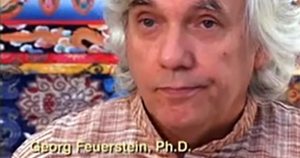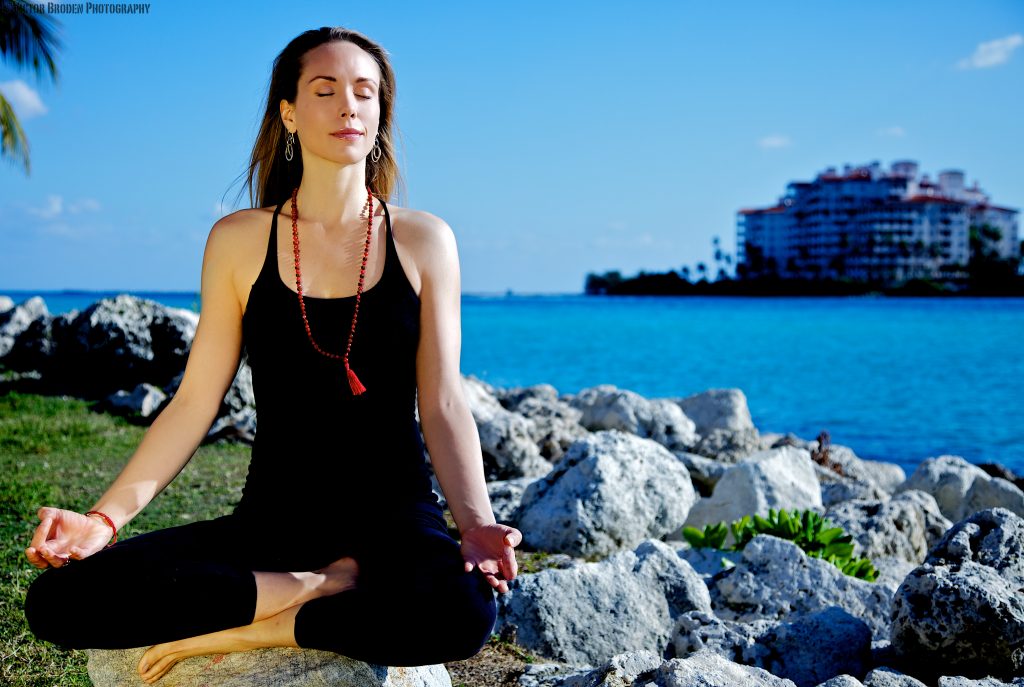Here in the United States, teacher-training programs commonly avoid the spiritual instruction aspects that are Yoga. A brief review of some of these schools and seminar offerings reveals much about the lack of content in their programs.
In many modern teacher-training programs, only a small percentage of the curriculum deals with spiritual aspects, which are the true focus of Yoga.
Here again we see this modern focus leaning heavily toward the physical aspects, which are very limited compared to the authentic teachings of the ancients. In many of these programs, one can become a “certified” Yoga teacher without ever engaging the face-to-face instruction of traditional Yoga texts.
Certification without proper introduction to the totality of authentic Yoga diminishes the purpose of the discipline. The Hatha Yoga Pradipika and the Yoga Sutras are two of the most authoritative texts illustrating the totality of this ancient wisdom.
The Yoga Alliance
The most well-known agency in America that claims certifying authority for Yoga schools is the Yoga Alliance. It is the world’s largest registry of yoga schools and teachers and stands as a common example of the current state of modern Yoga teacher training.
There are highly qualified Yoga teachers who feel that the alliance is not truly representative of the vastly positive potential of Yoga. It has structured its standards with a strong focus on the physical and the number of hours spent in such training.
This makes it is possible for a student to become a certified Yoga teacher by becoming adept at only one of the Eight Limbs of Yoga. This leaves very little (or no) time for instruction from someone who is qualified to teach the other seven “limbs.”
About Yoga in the United States, Georg Feuerstein, a well-recognized scholar and teacher, proclaims, “It’s a mess.”
Are online graduates truly certified?
As if the state of Yoga teacher training in the West were not already bad enough, a host of companies now offer online Yoga teacher-training programs. Students purchase a program via credit card, read the material, and take a written online exam, which consists of multiple-choice questions.
They will become “certified” and will also receive an online transcript showing their score, which they can use to prove their credentials. Interestingly, their promotional material usually explains that the certificate that you will receive will not even mention the word “online.”

When asked by LA Yoga Magazine, “How would you describe Yoga in the U.S. today?” Georg Feurstein elaborates on his earlier quote:
“It’s a mess. And you can quote me on that. Anything that comes to America, or the West in general, immediately gets individualized and commercialized. There has always been great diversity in traditional Yoga, and this diversity was based on the experience of masters. Today even beginning teachers feel qualified to innovate and create their own trademarked Yoga system.
“So, looking at the Yoga movement today, part of me feels very saddened by it, but then I also see that it contains the seeds of something better. Also, amazingly, Yoga can be beneficial even when it is reduced down to posture practice. But people shortchange themselves when they strip Yoga of its spiritual side.”
Higher teachings of Yoga not shared – by design
There are Asana teachers who say that they understand all eight limbs of Yoga, but they’re advised not to share these higher teachings. Some of them who teach at well known Yoga Studios around the U.S. have privately confided that studio owners tell them not teach this. Adding that if they do, they will no longer have permission to teach there.
 This puts these teachers in an awkward position. They understand and seek authentic Yoga in their personal lives. Yet they are discouraged, sometimes forbidden, from sharing this with students out of fear of losing classes and income.
This puts these teachers in an awkward position. They understand and seek authentic Yoga in their personal lives. Yet they are discouraged, sometimes forbidden, from sharing this with students out of fear of losing classes and income.
Let us all remain positive. There’s a good chance the pendulum will swing back. Although modern Yoga teaching may have gone off-track, there is currently active movement toward providing more advanced, complete and authentic training. Choose your teachers accordingly.
Coming up next: modern styles of Yoga, their names, and how they differ from the four traditional schools.
